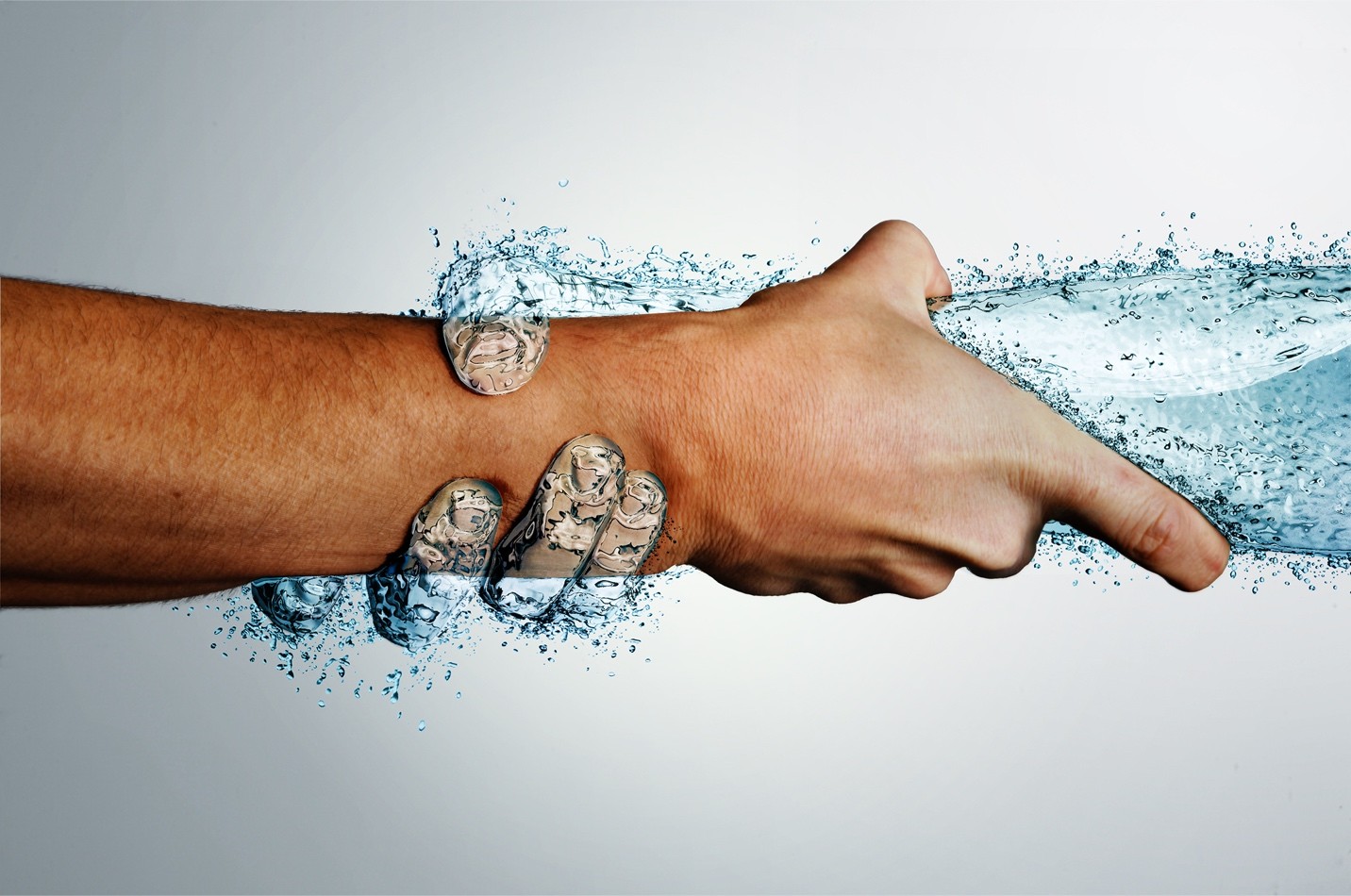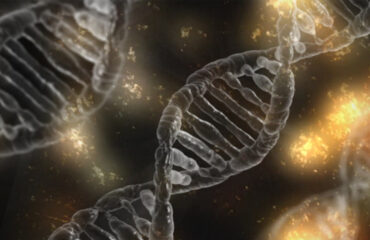Summer is the time of year when we pull out our sandals, bathing suits, shorts, and 32-ounce water bottles. We hear ‘hydration, hydration, hydration,’ but many of us associate it with just water, which without electrolytes can lead to serious problems such as seizures and cardiac arrest.
What are electrolytes? Electrolytes are naturally occurring elements and electrically charged particles in the body that control physiologic functions. Calcium, chloride, magnesium, phosphate, potassium, and sodium are all examples of electrolytes.Unfortunately, electrolytes are not found in plain water but they are found in most sports drinks such as Gatorade and coconut water or in citrus juices. Just drinking plain water and not increasing your intake of electrolytes dilutes the concentration of those electrolytes in your body which can lead to serious medical problems.
Are there different types of dehydration? There are three types of dehydration: hypotonic (loss primarily of electrolytes), hypertonic (loss primarily of water), and isotonic (equal loss of electrolytes and water). Isotonic is the most common type of dehydration, which can be caused by excessive sweating, repeated vomiting, and severe bleeding. Hypertonic dehydration leads to cell shrinkage and is caused by water deprivation, poorly treated diabetes mellitus with excessive urination, diabetes insipidus, heat stroke, end-stage renal failure, and drinking sea water. Hypotonic dehydration is caused by gastrointestinal obstruction, burns, muscle damage, chronic malnutrition, cystic fibrosis, heat exhaustion or stroke, and pancreatitis.
How do I know if I am dehydrated? Dehydration starts with the feeling of thirst or in some cases hunger. Dryness of the mouth and swelling of the tongue will occur if dehydration continues. You may also suffer from weakness, muscle cramps, dizziness or confusion. Urine is always a great indicator of hydration, in general the darker the urine the more dehydrated you are.
How do I stay hydrated? The National Academy of Medicine noted that men who drink around 15.5 cups of liquid (125 ounces/3.7 liters) a day and women who drink around 11.5 cups (91 ounces/2.7 liters) a day are adequately hydrated, but these are rough estimates and can vary based on Body Mass Index (BMI) and the amount of physical activity one is engaged in during the day. Make sure to replenish your potassium, which can be found in bananas, coconut water, and prunes. Potassium is crucial for heart function and is responsible for muscle contraction (important for digestive and muscular function). Salt (sodium) is also very important in kidney regulation and hydration, but according to Dietary Guidelines for Americans one should only consume 2,300 mg (about a teaspoon) a day. The average American consumes 3,400 mg a day, more than is needed.
Are certain people more at risk for electrolyte disorders? Electrolyte disorders occur when one or several of the electrolytes are in excess or depleted in the body. If you have abused alcohol, have kidney disease, congestive heart failure, anorexia or bulimia, burns or broken bones, thyroid and parathyroid disorders or are taking a diuretic, you are at risk. Consult your physician if you suffer from excessive dehydration. A simple blood test performed by your doctor can measure the levels of electrolytes in your body. If you need fluid correction, the remedy can be either by IV (intravenous) or oral medications to replenish fluids and electrolytes.
So enjoy the summer sun with a banana smoothie or some coconut juice while sunbathing by the pool.





